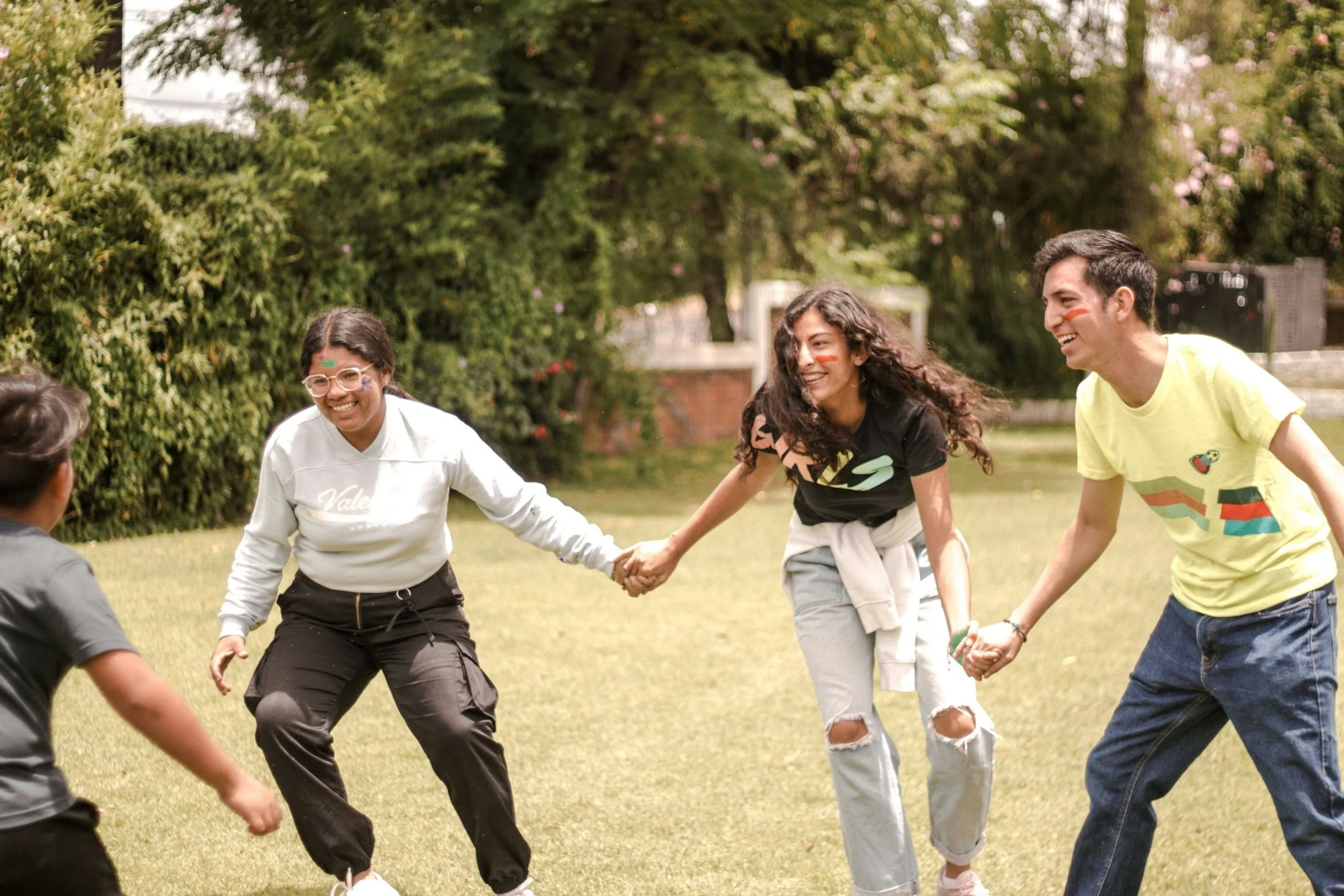Child and Teen Therapy Seattle
“I don’t want to try new things because I'm afraid I won’t do good enough.”
I’m falling behind my schoolwork and now I’m not sure how catching up will be possible.”
“No one seems to really understand what I mean or why I do what I do, I am tired of feeling so misunderstood.”
At Child and Teen Therapy Seattle, I am here to support you or your loved ones in navigating difficult feelings and find your strength in the face of adversity.
What to Expect from your Session
Your goals and preferences shape the work we do together. At child and teen therapy Seattle, the therapy process typically begins with me helping you feel comfortable in the space and getting to know each other. I will ask you, and any family involved in sessions, what you hope to get out of this experience. While therapy varies, below are some general patterns of my services that can give you an understanding of my approach.
-
When working with young children, caregiver involvement is a central part of the therapeutic process. I frequently incorporate parent coaching and support caregivers in helping their child apply therapeutic strategies at home. Caregivers are vital partners in promoting lasting change. Sessions with young children often focus on practicing emotional and behavioral skills or supporting them in gradually facing fears. Additionally, I offer consultation with schools to explore classroom strategies that help children feel confident in their learning environments.
-
Older children may seek therapy for a multitude of reasons. Some are referred by caregivers seeking support for challenges such as emotional regulation or school-related difficulties, while others may be motivated by their own desire to explore friendship dynamics or develop greater self-awareness. I generally encourage active caregiver participation, as this is often a key component of effective treatment. Caregiver participation can take many forms—such as regular parent-only sessions, periodic joint sessions, or as-needed check-ins—tailored to your family’s needs, availability, and treatment goals. At child and teen therapy Seattle, I also collaborate with teachers and other providers to help ensure consistency and support across settings.
-
When working with teens, I like to place an emphasis on their autonomy and individuality in this process. Therapy is tailored to each teen’s emotional, social, and developmental needs, offering a space to explore their experiences and challenges in a way that feels authentic and empowering. While caregiver involvement can be highly beneficial in teen therapy, I always seek the teen’s input and consent before incorporating family members into the process. I also offer consultation with educators and other professionals as needed to support the teen’s overall well-being and success across environments.
Modalities
I incorporate the following evidence-based therapeutic techniques to support clients and families in achieving their goals. At Child and teen therapy Seattle, I integrate these approaches within a client-centered framework and utilize additional engaging strategies such as art, games, positive reinforcement, and authentic praise to encourage and celebrate each client’s progress.
-
Cognitive Behavioral Therapy (CBT) helps young people develop a clearer understanding of the connections between their thoughts, emotions, and behaviors. In my practice, I use CBT-based exercises to support children and teens in building skills for identifying emotions and recognizing when they may need to take action. Together, we also develop a personalized toolkit of coping strategies to help them navigate life’s challenges more effectively.
-
DBT builds on the foundation of Cognitive Behavioral Therapy (CBT) by incorporating the powerful skill of mindfulness. While DBT is often used with individuals who experience intense emotions, I believe that mindfulness can benefit anyone who is open to exploring it. Why? Because mindfulness fosters a deeper awareness of our thoughts and emotional experiences. With consistent practice, it can also support greater emotional regulation and a sense of acceptance in the face of life’s imperfections. In my work, I introduce foundational mindfulness skills—such as body awareness—to younger clients, and integrate more structured DBT techniques with older children and teens."
-
Parenting children presents incredible joys and difficulties, particularly if your child presents unique or challenging behaviors. Parents do the work of superheroes, and even superheroes need some support. I use a number of evidence-based parenting interventions to inform my work with parents. Click here to learn more about my parent coaching component of child therapy.
What can I help with?
At child and teen therapy Seattle, I support young people with the following:
Anxiety
ADHD
Parenting
LGBTQIA+ Support
Trauma and PTSD
Behavioral Issues/Big Behaviors
Selective Mutism
Peer Relationships
Social Skills
Depression
Anger Management
Autism
Body Positivity
Coping Skills
Divorce
Family Conflict
Grief
Life Transitions
Obsessive-Compulsive (OCD)
Peer Relationships
School Issues
Self Esteem
Stress
And more
Ready to schedule a free 15-minute consultation?



